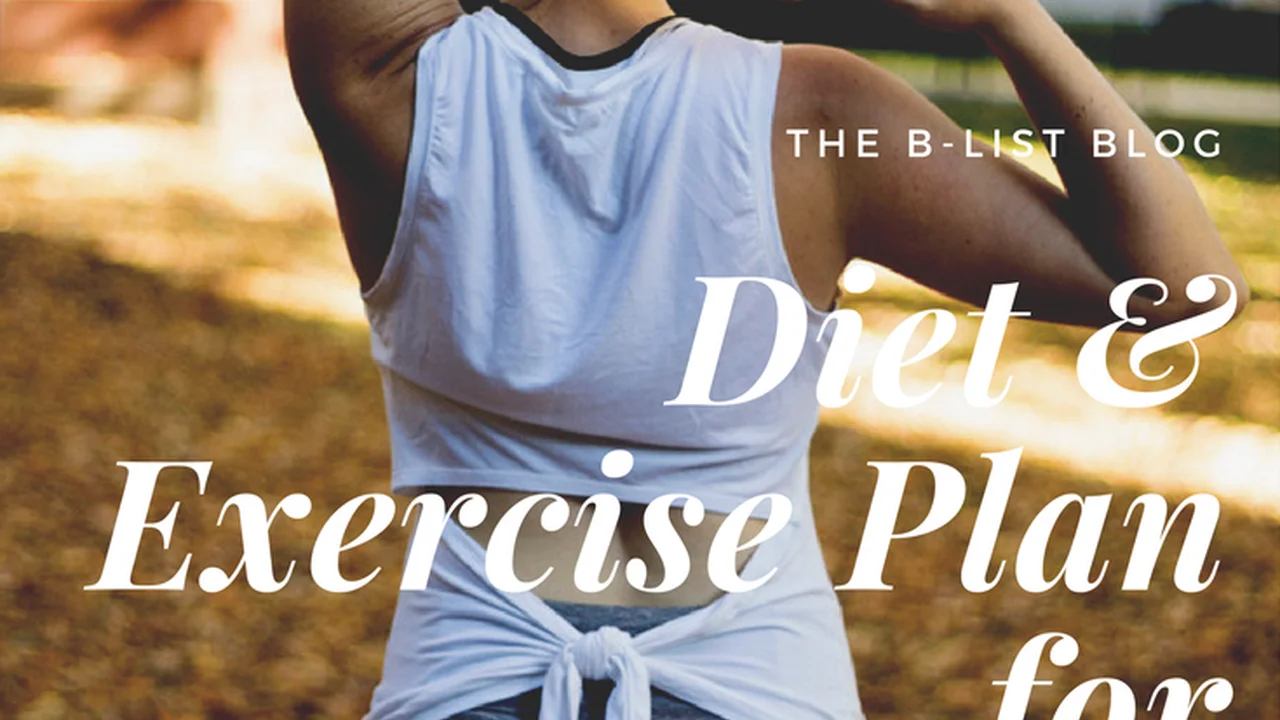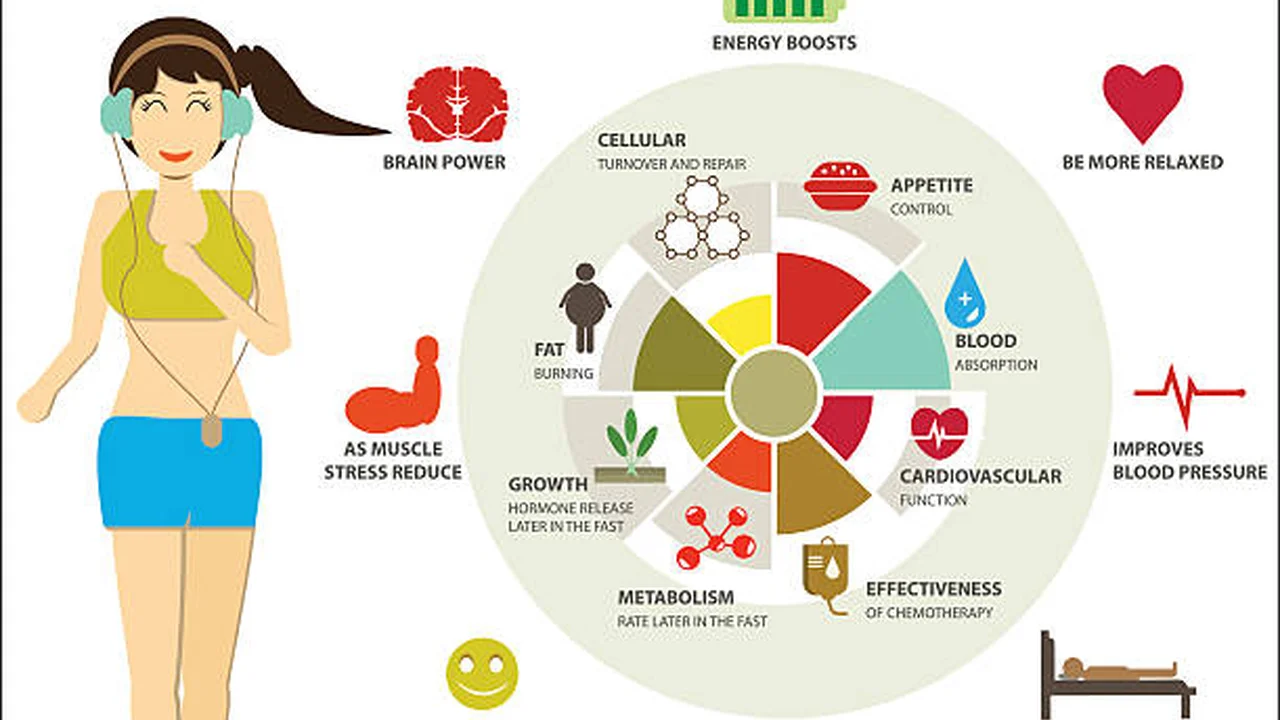5 Common Myths About Disease Prevention
Sample meta description.

Myth 1 You Don't Need to Worry If You Feel Fine Disease Prevention Strategies
Okay, let's kick things off with a big one. A lot of people think, "Hey, I feel great! Why bother with disease prevention?" That's like saying, "My car is running smoothly, no need for an oil change!" Prevention isn't just for when you're sick; it's about staying healthy in the first place. It's about building a strong foundation so those nasty bugs and chronic diseases don't even get a foothold. Think of it as an investment in your future self.
We're talking about things like regular check-ups with your doctor. Yeah, I know, nobody *loves* going to the doctor, but catching things early can make a huge difference. And it's not just about the doctor. It's about your lifestyle. Are you eating a balanced diet? Are you getting enough exercise? Are you managing stress? These are all crucial components of disease prevention.
Consider this: many diseases, like heart disease and type 2 diabetes, develop slowly over time. You might not feel any symptoms in the early stages, but the damage is being done. Prevention is about stopping that damage before it starts.
Myth 2 Vaccines Are Just For Kids Adult Vaccination Schedules and Disease Prevention
Alright, let's tackle the vaccine myth. A lot of adults think vaccines are just for kids. Wrong! You need booster shots and new vaccines as you age. Think of it as keeping your immune system sharp and ready for anything. It's not just about protecting yourself; it's about protecting those around you, especially those who are more vulnerable, like babies and the elderly.
The flu vaccine is a great example. Every year, the flu virus changes, so you need a new vaccine to stay protected. And there are other vaccines you might need, depending on your age, health, and lifestyle. Talk to your doctor about what's right for you. They might recommend vaccines for shingles, pneumonia, tetanus, and more.
Some people are hesitant about vaccines because they're worried about side effects. It's true that vaccines can cause mild side effects, like a sore arm or a slight fever, but these are usually temporary and much less severe than the diseases they prevent. The benefits of vaccination far outweigh the risks.
Myth 3 Hand Sanitizer Is All You Need For Germ Prevention Effective Hand Hygiene Practices
Hand sanitizer is convenient, sure, but it's not a magic bullet. Washing your hands with soap and water is still the gold standard for germ prevention. Hand sanitizer is a good backup when you don't have access to soap and water, but it's not as effective at removing all types of germs.
The key is proper handwashing technique. Wet your hands with clean, running water. Apply soap. Lather your hands, making sure to get between your fingers, under your nails, and the backs of your hands. Scrub for at least 20 seconds (that's about the time it takes to sing "Happy Birthday" twice). Rinse your hands well under clean, running water. Dry your hands with a clean towel or air dry them.
Hand sanitizer is helpful when soap and water aren't available, especially in public places. Choose a sanitizer that contains at least 60% alcohol. Apply a generous amount to your hands and rub them together until they're dry.
Myth 4 You Can't Prevent Genetic Diseases Genetic Predisposition and Lifestyle Choices
While it's true that you can't change your genes, you can definitely influence how they're expressed. Lifestyle choices play a huge role in whether or not you develop a genetic disease. Think of it this way: you might have a predisposition to heart disease, but if you eat a healthy diet, exercise regularly, and manage stress, you can significantly reduce your risk.
Genetic testing can help you understand your risk for certain diseases. If you know you have a higher risk, you can take steps to mitigate that risk. This might involve making changes to your diet, exercise routine, or lifestyle. It might also involve getting screened for the disease more frequently.
Epigenetics is a fascinating field that studies how environmental factors can influence gene expression. It's showing us that we have more control over our health than we previously thought.
Myth 5 Organic Food Is Always Healthier for Disease Prevention Organic vs Conventional Food Debate
Organic food can be great, but it's not a guaranteed ticket to perfect health. Organic farming practices can be better for the environment and can reduce your exposure to pesticides, but that doesn't automatically make organic food healthier. A bag of organic potato chips is still a bag of potato chips.
The most important thing is to eat a balanced diet that's rich in fruits, vegetables, whole grains, and lean protein. Whether those foods are organic or conventional is less important than the overall quality of your diet. Focus on eating a variety of colorful fruits and vegetables. Choose whole grains over refined grains. Limit your intake of processed foods, sugary drinks, and unhealthy fats.
Ultimately, disease prevention is a marathon, not a sprint. It's about making sustainable lifestyle choices that you can stick with for the long haul. It's about being proactive about your health and taking steps to protect yourself from disease.
Product Recommendations for Disease Prevention
Let's talk about some specific products that can help you in your disease prevention journey. Remember, these are just suggestions, and you should always talk to your doctor before making any major changes to your health routine.
Air Purifiers for Respiratory Health and Disease Prevention
Product: Dyson Purifier Hot+Cool Formaldehyde HP09
Use Case: Perfect for allergy sufferers or anyone concerned about air quality. It removes allergens, pollutants, and even formaldehyde from the air.
Comparison: Compared to cheaper air purifiers, the Dyson HP09 has a sealed HEPA filter and sophisticated sensors that accurately detect and report air quality. It also doubles as a heater and fan.
Price: Around $750.
Supplements for Immune Support and Disease Prevention
Product: Garden of Life Vitamin D3
Use Case: Vitamin D is crucial for immune function. Many people are deficient, especially during the winter months.
Comparison: Garden of Life offers a vegan, whole-food sourced Vitamin D3 supplement, which is easier for the body to absorb compared to synthetic versions.
Price: Around $20 for a 60-day supply.
Water Filters for Clean Water and Disease Prevention
Product: Berkey Water Filter
Use Case: Filters out bacteria, viruses, and other contaminants from your drinking water.
Comparison: Berkey filters are gravity-fed and don't require electricity, making them ideal for emergency situations. They also remove a wider range of contaminants than many other filters.
Price: Starting around $300.
Smartwatches for Activity Tracking and Health Monitoring
Product: Apple Watch Series 8
Use Case: Tracks your activity levels, heart rate, sleep, and even blood oxygen levels. It can also detect falls and call for help.
Comparison: Compared to other fitness trackers, the Apple Watch offers a comprehensive suite of health features and integrates seamlessly with the Apple ecosystem.
Price: Starting around $400.
Ergonomic Office Equipment for Posture and Disease Prevention
Product: Herman Miller Aeron Chair
Use Case: Promotes good posture and reduces the risk of back pain and other musculoskeletal problems.
Comparison: The Aeron chair is known for its ergonomic design and adjustability. It provides excellent support and comfort for long hours of sitting.
Price: Starting around $1500.
:max_bytes(150000):strip_icc()/277019-baked-pork-chops-with-cream-of-mushroom-soup-DDMFS-beauty-4x3-BG-7505-5762b731cf30447d9cbbbbbf387beafa.jpg)






